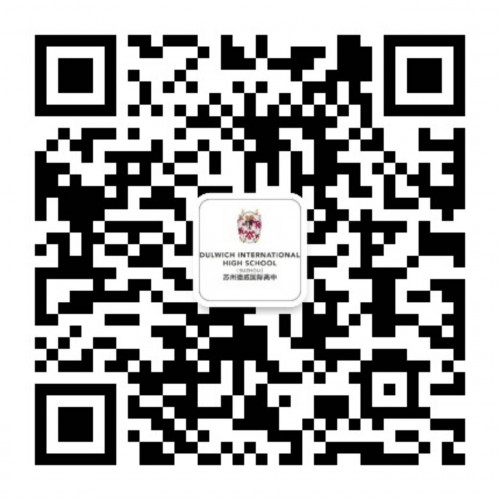Showcase of our new Synthetic Biology Lab
During the summer break, while the teaching staff were relaxing and recharging their batteries, our campus remained a hive of activity, with new facilities added and the old ones maintained. One of the most significant additions to the campus this term is our new synthetic biology lab in the biology department.
In this short article Murdoch Mackay (Head of Biology at Dulwich International High School Suzhou) explains what Synthetic Biology is and why it is important.
What is Synthetic biology?
Synthetic biology involves engineering biological systems for new uses. In recent years, it has become an increasingly prominent and promising field of study in universities all around the world. Synthetic biology complements biology but differs in that it aims to engineer biological systems to achieve a specific goal and solve real world problems after understanding their mechanisms.
Why is synthetic biology Important?
The field of synthetic biology is still in its infancy, but it is already having a profound impact on our world. Research in synthetic biology has resulted in yeasts that produce cheap biofuels and engineered microorganisms capable of detecting toxins in the environment, among many other innovations.
What does the lab allow our students to do?
The lab has only been open for a few weeks but already we have made excellent use of the facilities. Currently we have an outstanding group of students preparing their entry for the International Genetically Engineered Machine (iGEM) competition.
These students, led by Amanda Lin in year 12, are aiming to produce a hair removal product that is natural and non-irritating, by inducing common strain bacteria to produce keratinase enzyme that will soften hair for easy removal. We will also be able to use our facilities to run fantastic, advanced biology extracurricular programs. DNA barcoding is a good example. This will allow our students to contribute to the international barcode of life campaign, contributing to our understanding of diversity by identifying and cataloging species on a local and global scale.
The facilities we provide will allow our students to engage in meaningful open-ended experimentation. In this internet-enabled age of modern biology, our students will be able to use the same data, the same tools and produce the same high-quality research as professional scientists. We are also able to use these facilities to foster links and collaborate meaningfully with local universities, enriching the learning of our students with exciting projects. One of our most promising young biologists, George Lie in year 12 has already begun working (in collaboration with Professor Jian Huang from Soochow University) on using carbon nanodots as transfection vectors that will deliver genes to plant cells: Giving them resistance to diseases that threaten world food supplies.
I’m really proud of the facilities we have provided and the enthusiasm with which our students have embraced them. Dulwich students are passionate about learning and passionate about science, with this lab we provide students with varied interests from biology, to engineering to come together and explore biology in an authentic and meaningful way to solve real word problems. It allows them to take inspired action and, through biology, create a positive impact on the world. That is part of what it means to be worldwise.





